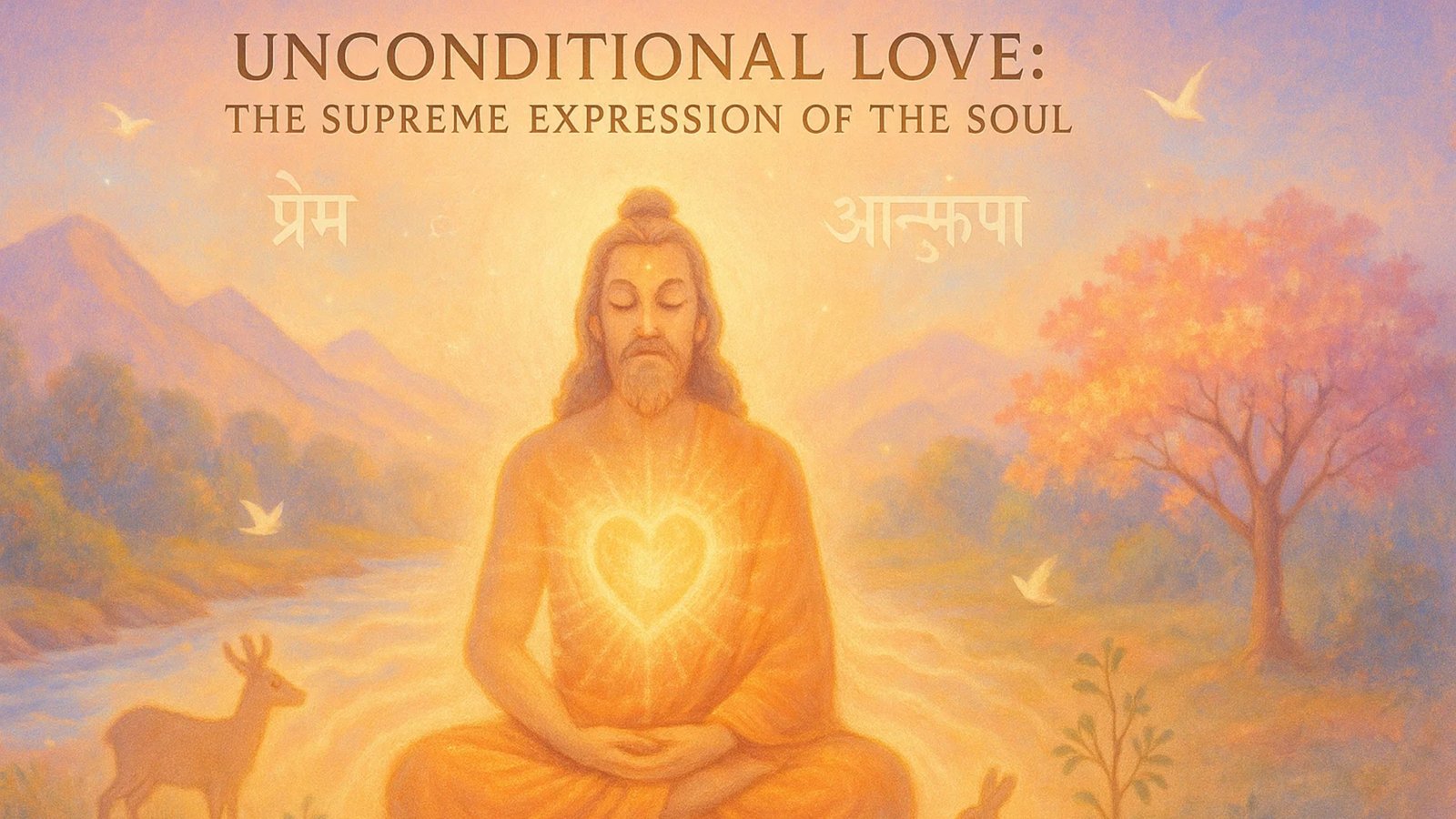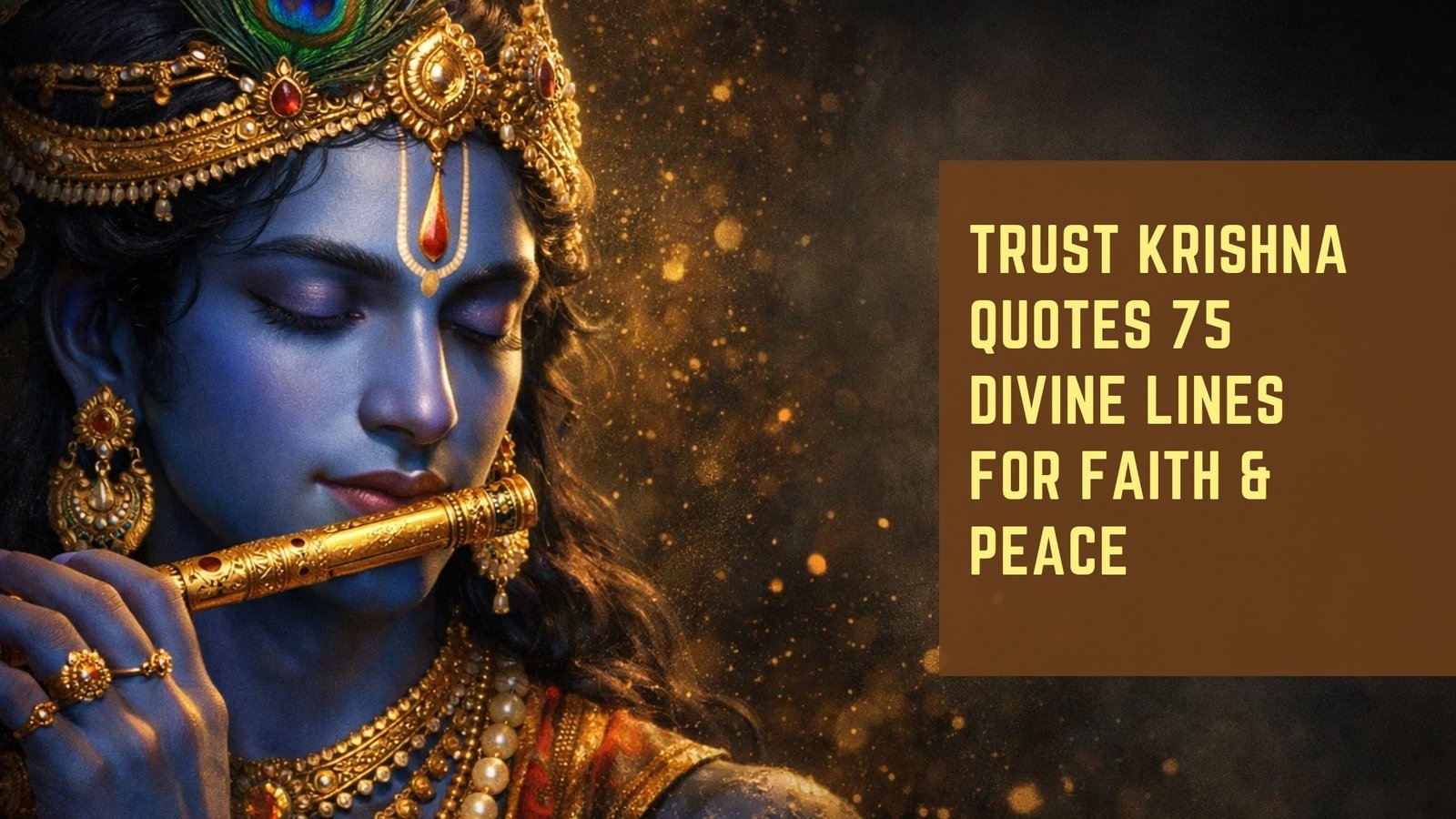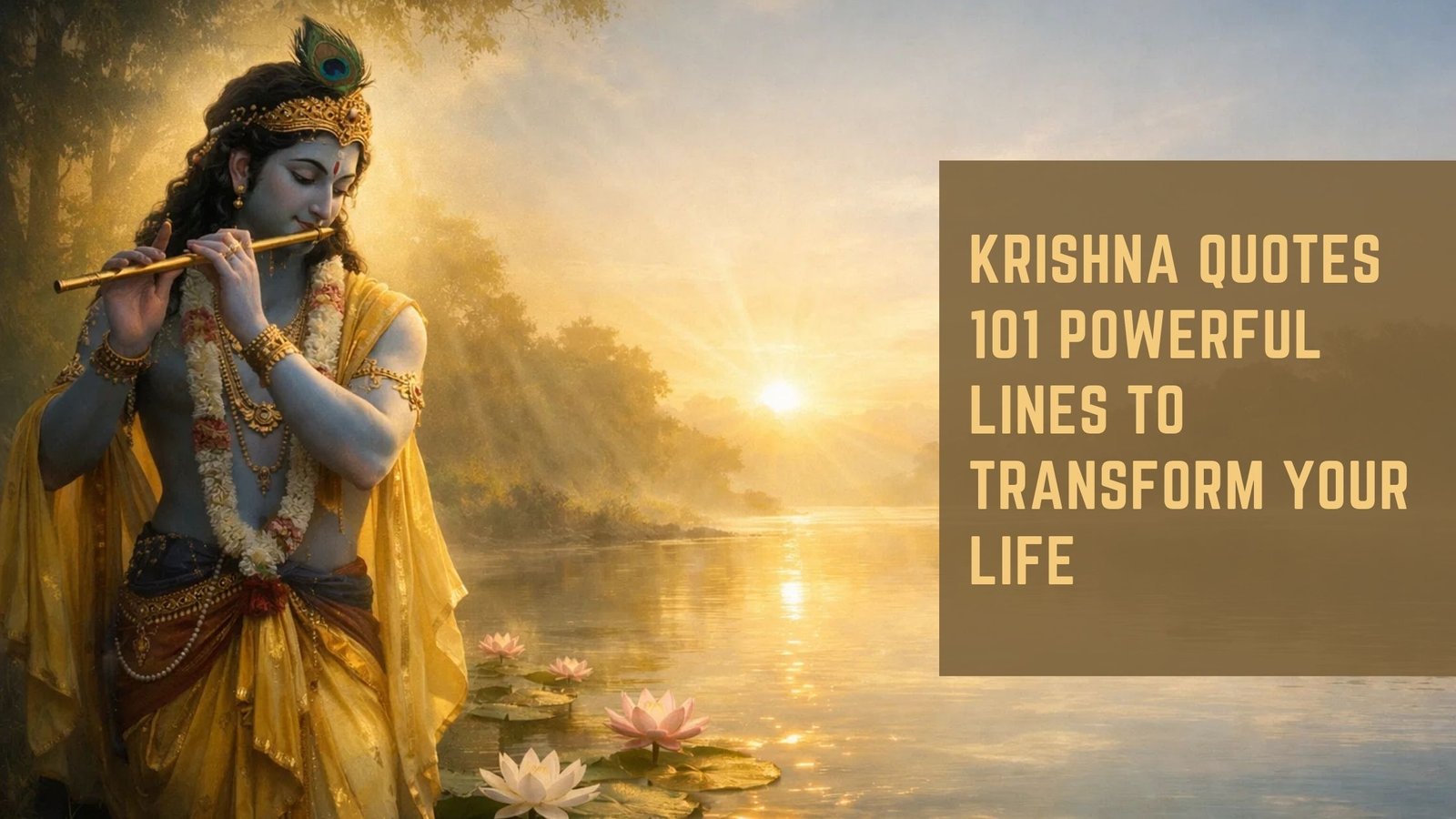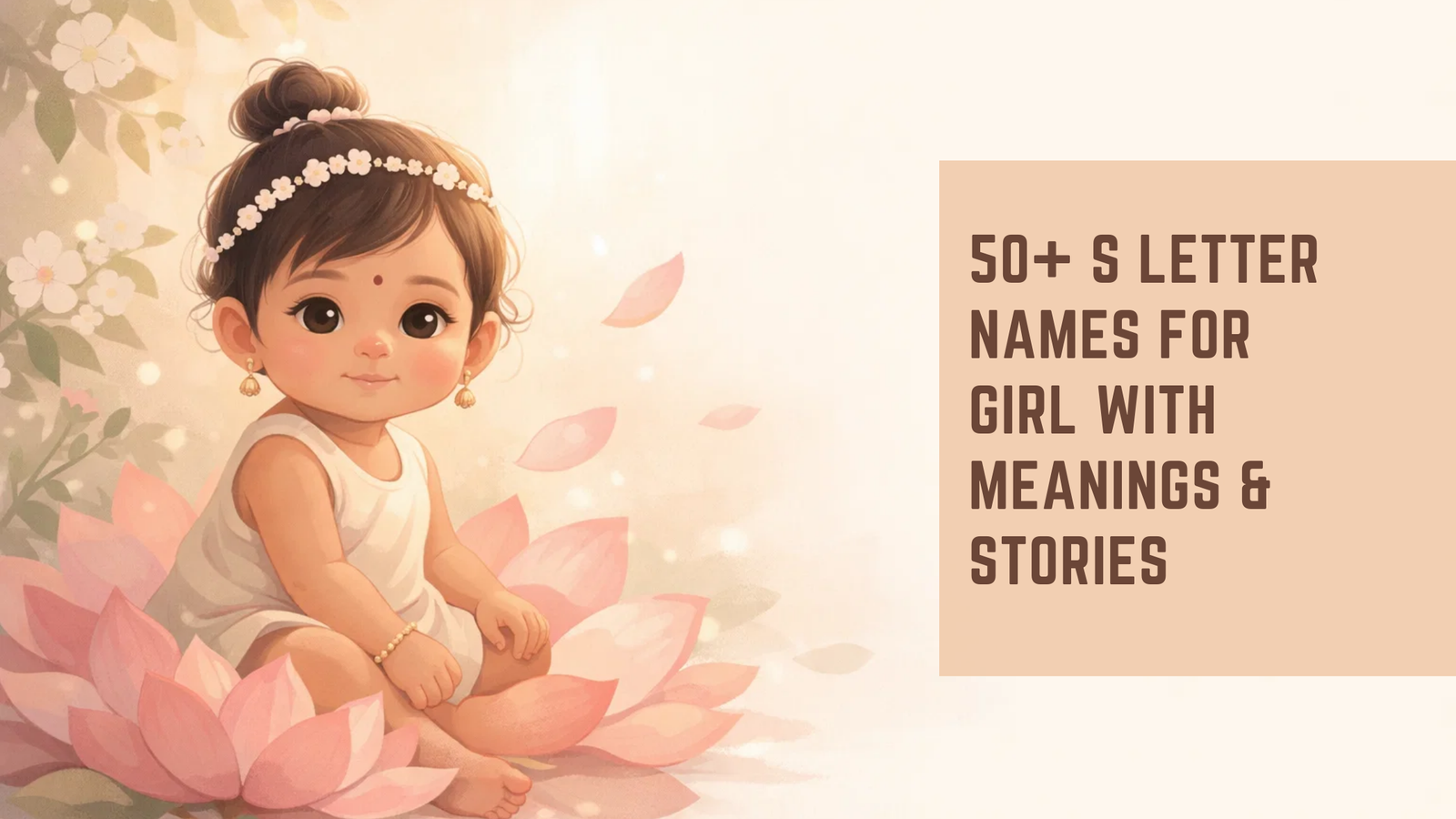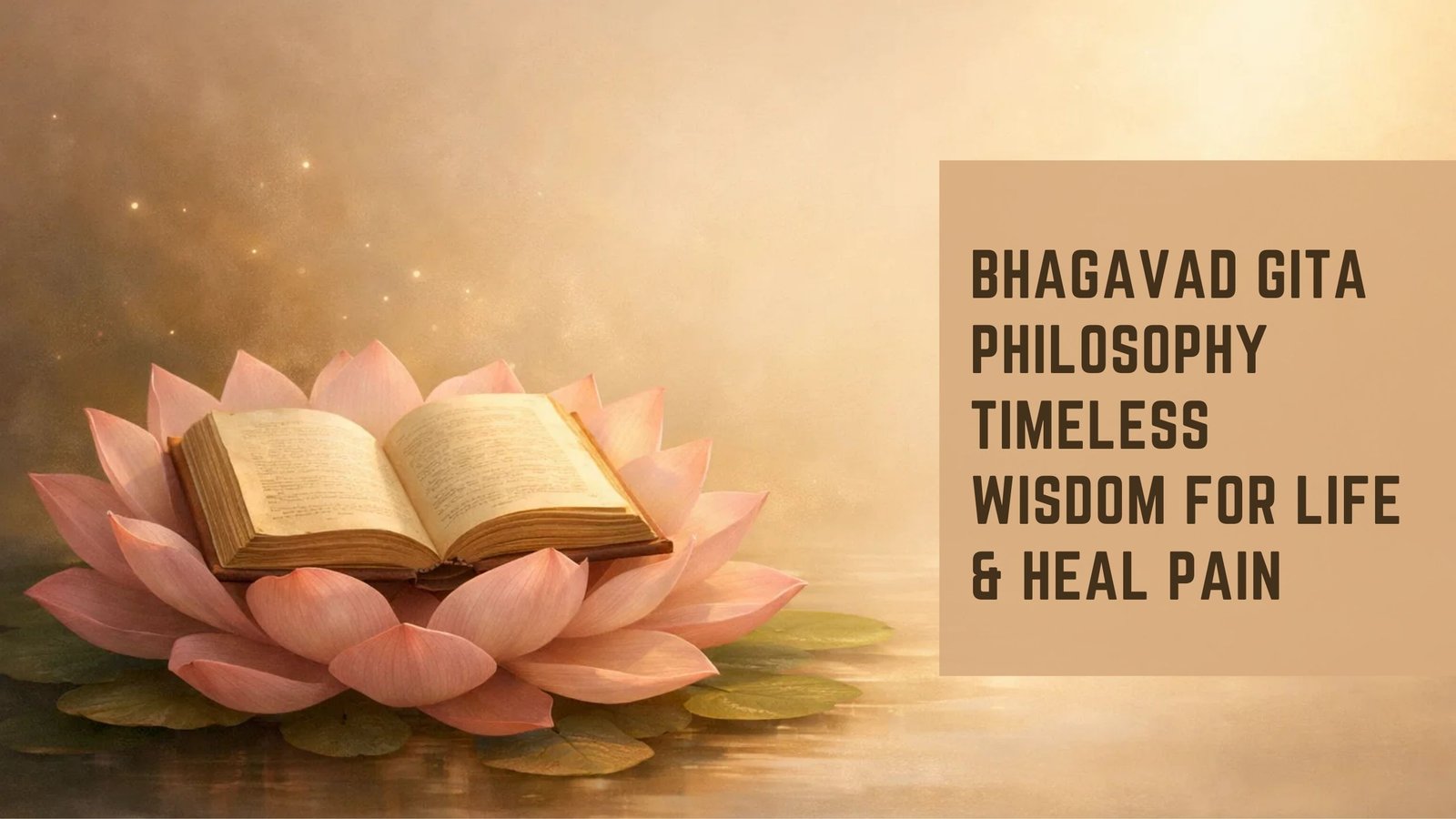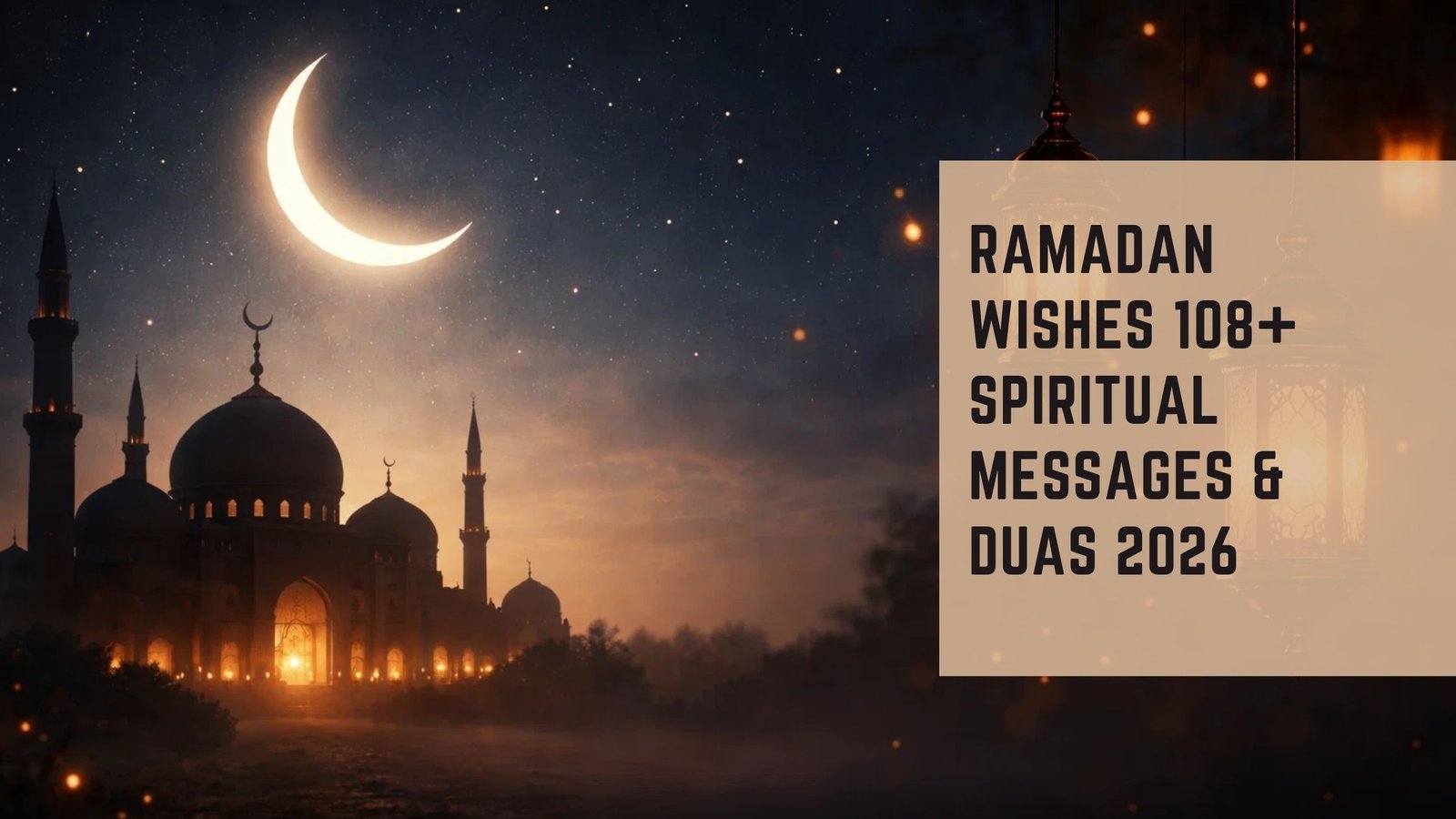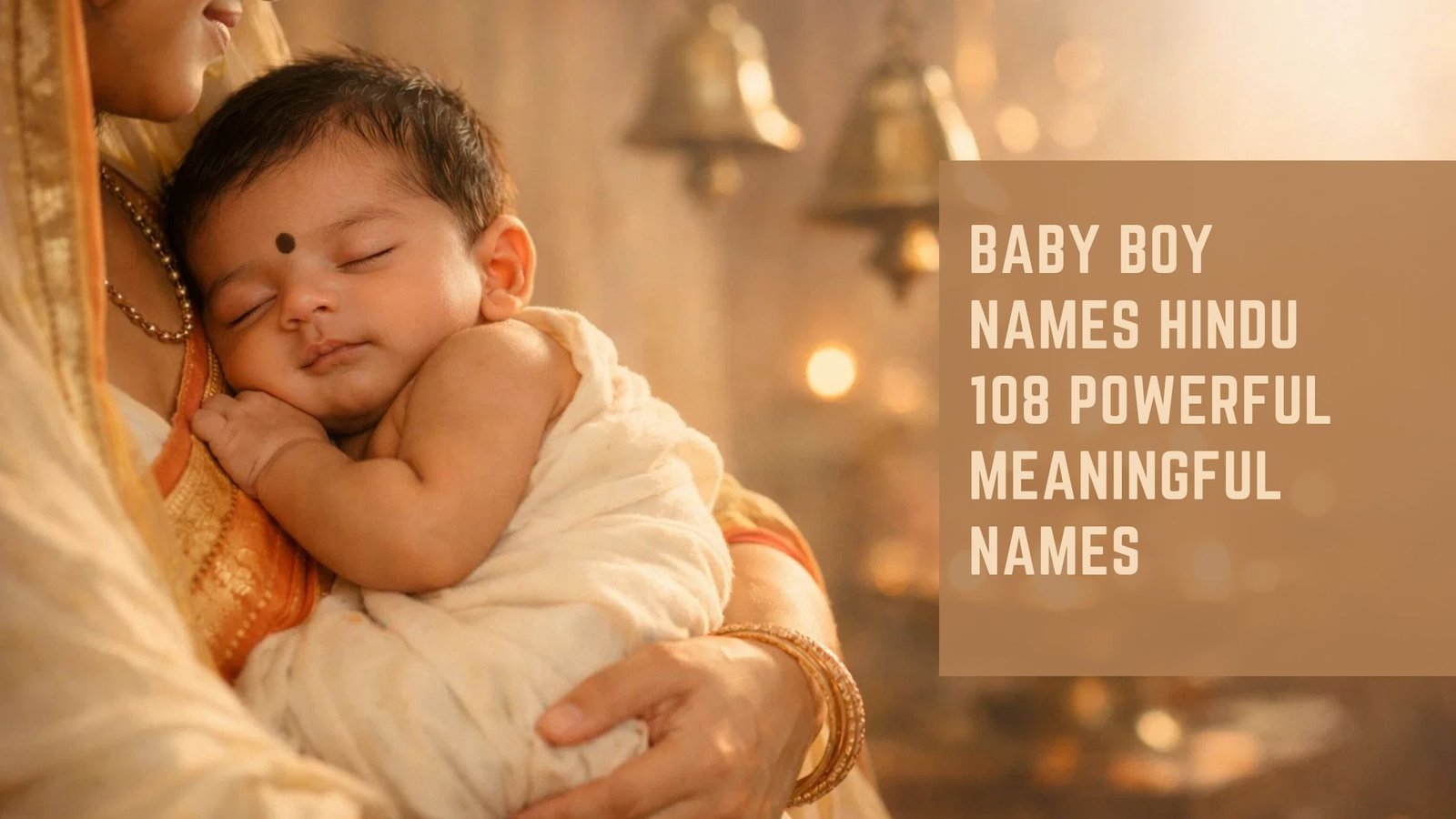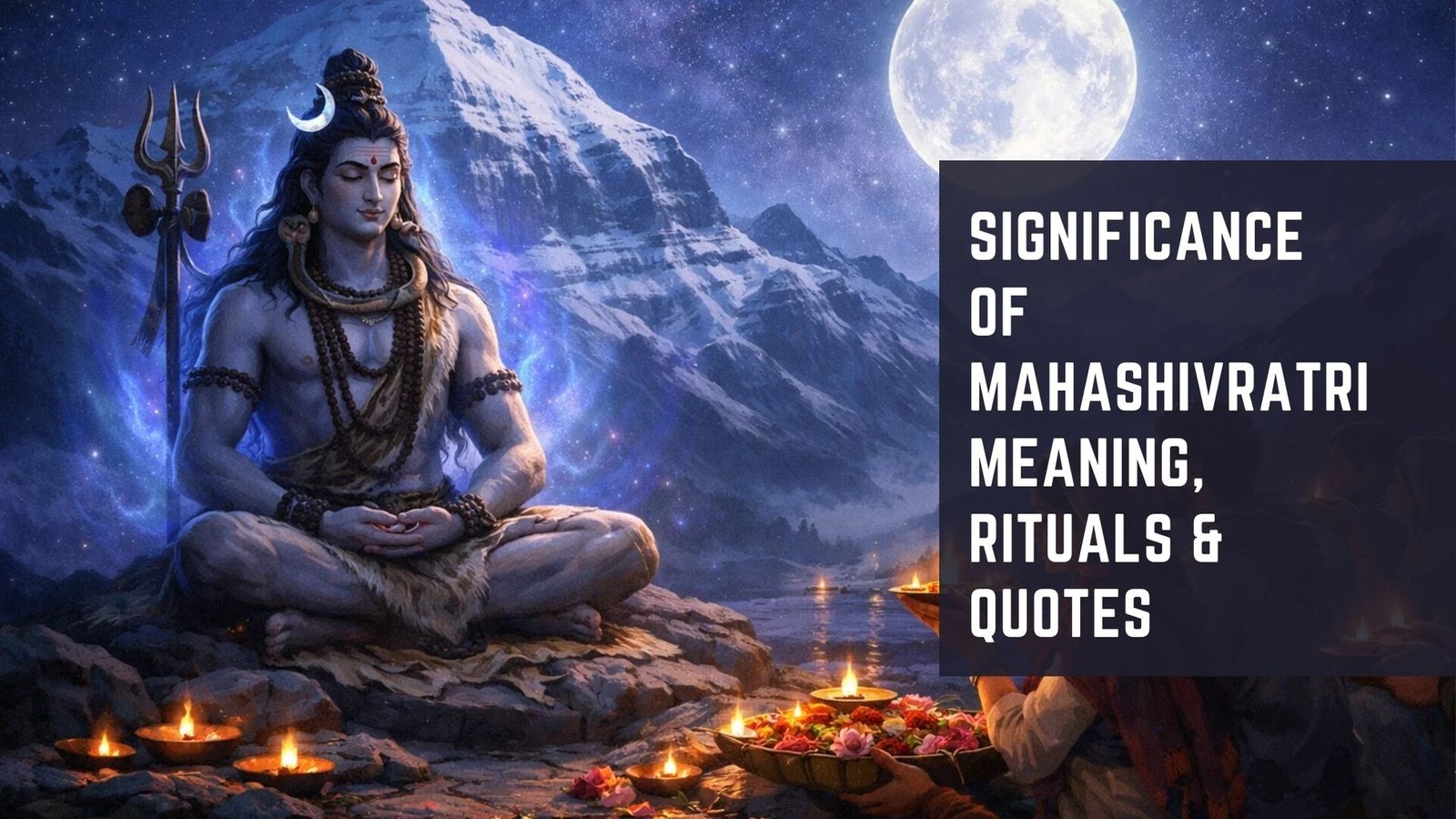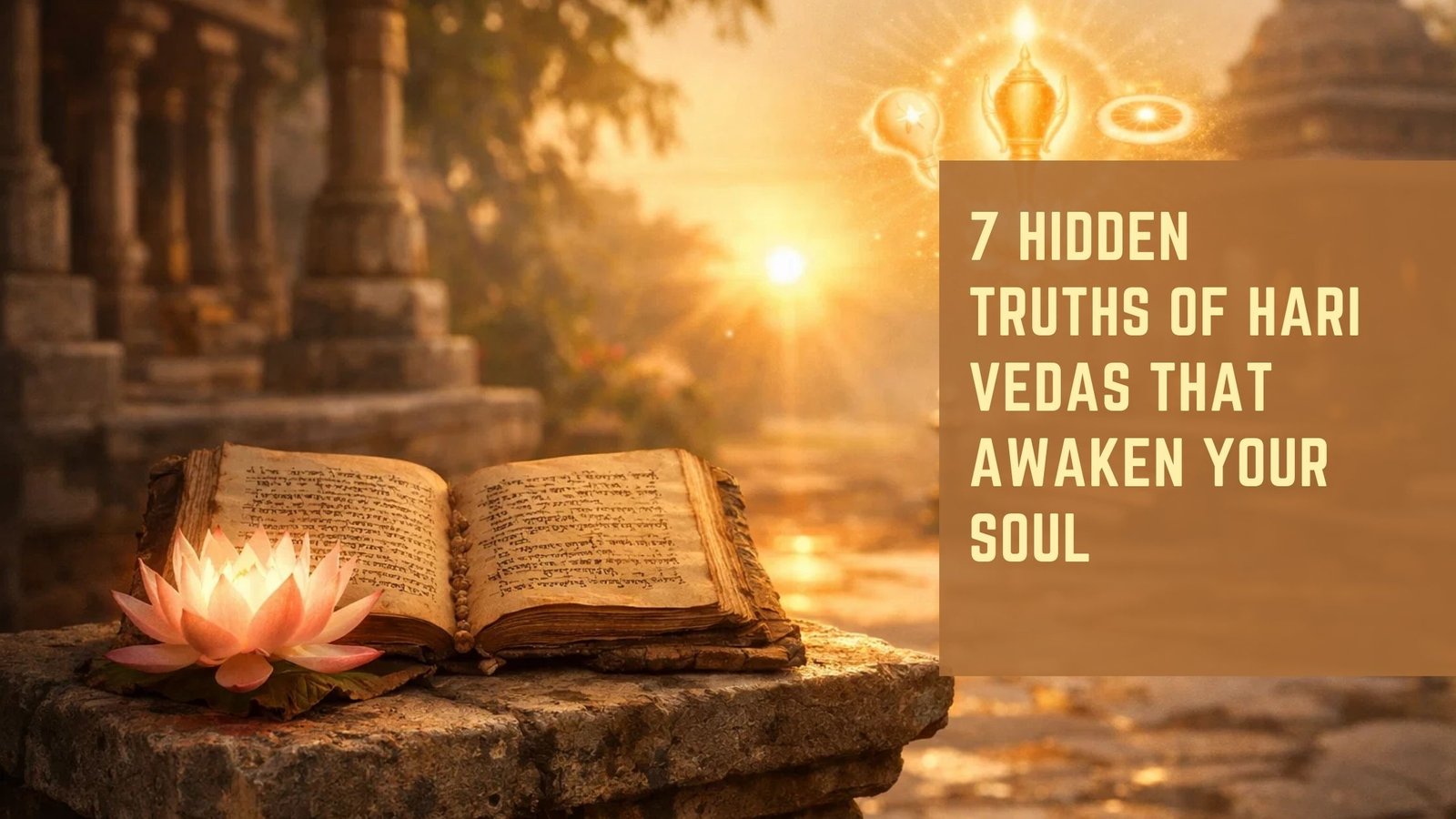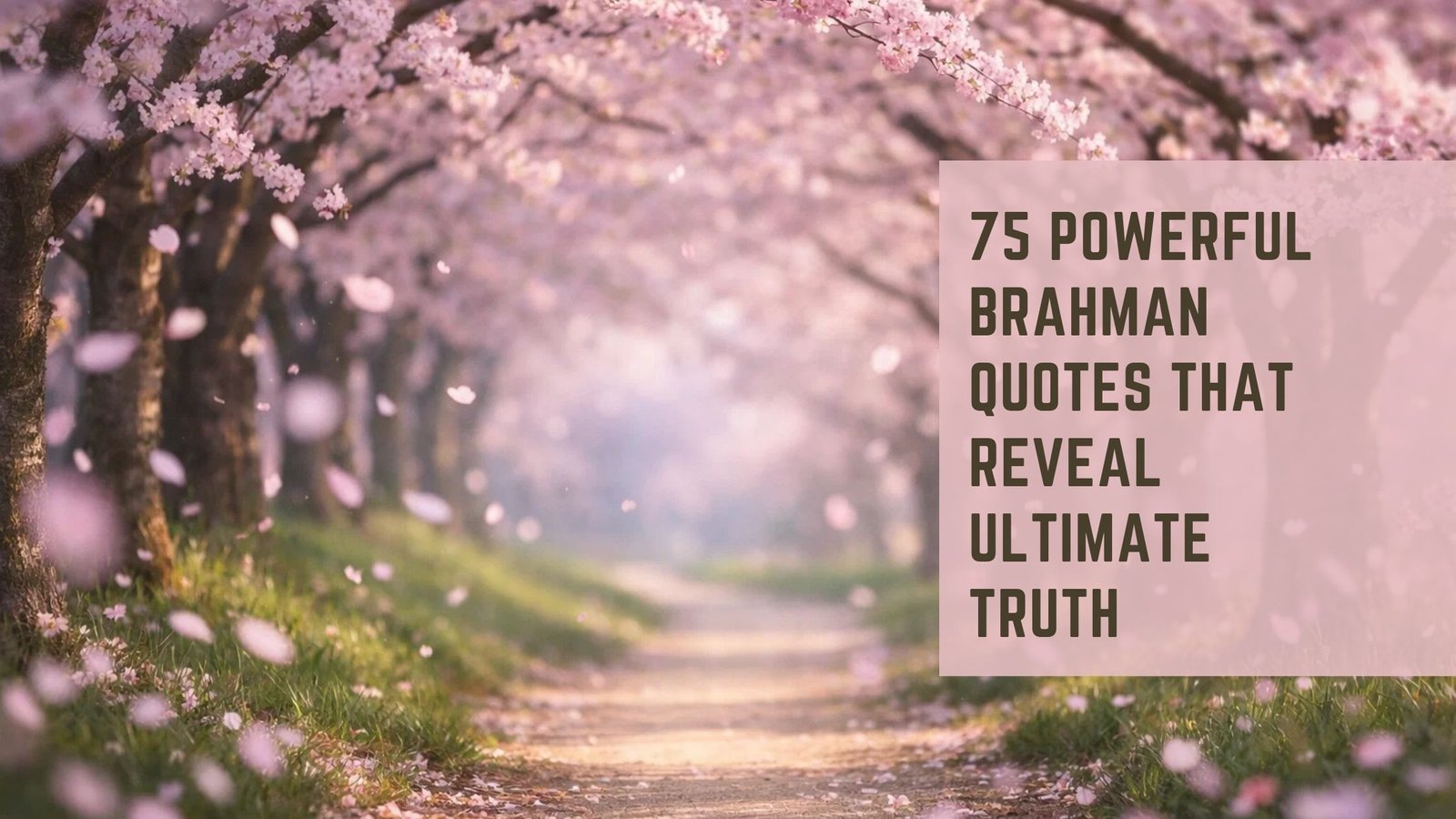What Is Unconditional Love?
Unconditional love is the highest vibration of existence. It is not merely an emotion; it is the essence of the soul and the language of the Divine. Unlike conditional love, which is based on expectations, circumstances, or mutual benefits, unconditional love flows freely — it gives without seeking, forgives without reason, and embraces without fear.
“Unconditional love is the fragrance that arises when the ego dissolves.”
– Sri Sri Ravi Shankar
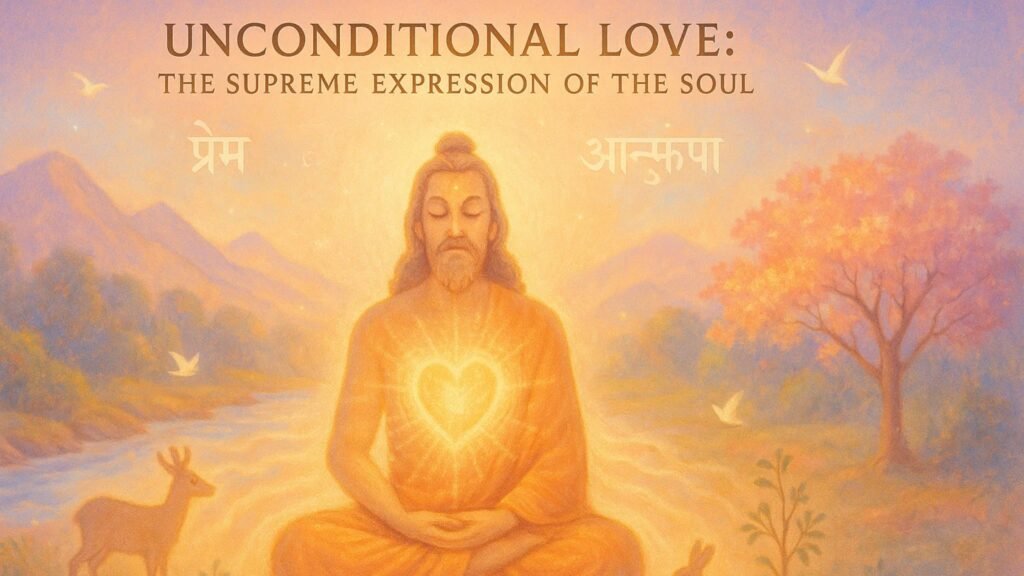
In a world built upon transactions and terms, unconditional love is revolutionary. It liberates both the lover and the beloved. It is the very foundation of Bhakti (devotion), the heartbeat of compassion, and the ultimate goal of the spiritual journey.
Table of Contents
The Roots of Love: Where Does Love Come From?
Love is not created — it is revealed. It lies dormant within every soul, waiting to be uncovered. Our true nature is love, but layers of ego, trauma, attachment, and desire obscure it.
In Vedantic thought, Atman (the Self) is pure existence-consciousness-bliss (Sat-Chit-Ananda). Love is a natural expression of this bliss.
“The Self is love. Love is the Self. When you realize the Self, you become love itself.”
– Upanishads
Thus, unconditional love is not an act — it is a state of being. When we are connected with our higher self, love flows spontaneously and fearlessly.
Different Faces of Love: From Conditional to Divine
To understand the beauty of un-conditional love, we must also understand the kinds of love that exist:
1. Conditional Love (Swaparthik Prem)
- Love based on needs, expectations, and returns.
- Often seen in romantic relationships, friendships, or transactional family dynamics.
- “I love you if…” or “I love you because…”
2. Emotional Love (Bhavnatmak Prem)
- Strong emotional attachment, but prone to jealousy, possessiveness, and pain.
- Can turn into hate if expectations are not met.
3. Compassionate Love (Karuna Prem)
- A mature form of love that feels another’s suffering and acts to alleviate it.
- Found in healers, saints, and true humanitarians.
4. Unconditional Love (Nishkam Prem / Divine Love)
- Love that exists without any condition, reason, or expectation.
- It is forgiving, eternal, fearless, and non-possessive.
- It reflects the Divine’s love for creation.
“प्रेम बिना जीवन अधूरा है। पर शर्तों वाला प्रेम, प्रेम नहीं—व्यापार है।”
“Without love, life is incomplete. But love with conditions is not love — it’s a trade.”
Unconditional Love in the Bhagavad Gita
The Bhagavad Gita is a sublime song of love — not just between individuals, but between the soul and the Supreme.
Krishna’s love for Arjuna is not limited by Arjuna’s doubts, fears, or resistance. Despite Arjuna’s confusion, Krishna never withdraws. His guidance is steady, his presence is unwavering.
“I am the same to all beings. None is hateful or dear to me. But those who worship Me with devotion, they are in Me, and I am in them.”
– Bhagavad Gita 9.29
This verse explains the unconditional nature of divine love — it does not discriminate, but it responds deeply to devotion.
Across Cultures and Faiths
“Love is the absence of judgment.” – Dalai Lama
“ਅਸਲੀ ਪਿਆਰ ਉਹ ਹੈ ਜਿਸ ਵਿੱਚ ਕਿਸੇ ਤਾਲਮੇਲ ਦੀ ਲੋੜ ਨਾ ਹੋਵੇ।”
“True love is that which requires no negotiation.” – Punjabi Saying
“यत्र विश्वं भवत्येकनीडम्।”
“Where the whole world becomes one nest — there dwells unconditional love.” – Rigveda
Unconditional Love and Human Emotions
Unconditional love does not suppress emotions, it elevates them. Here’s how it interacts with the human psyche:
- Fear dissolves in love. When you love unconditionally, there is nothing to lose.
- Anger softens. Forgiveness becomes natural.
- Jealousy fades. When love is abundant, comparison vanishes.
- Sadness transforms. Love brings healing to emotional wounds.
- Ego is purified. Love humbles the heart and elevates the soul.
“Love is not about merging into another. It is about becoming whole in yourself and seeing the whole in others.” – Anandamayi Ma
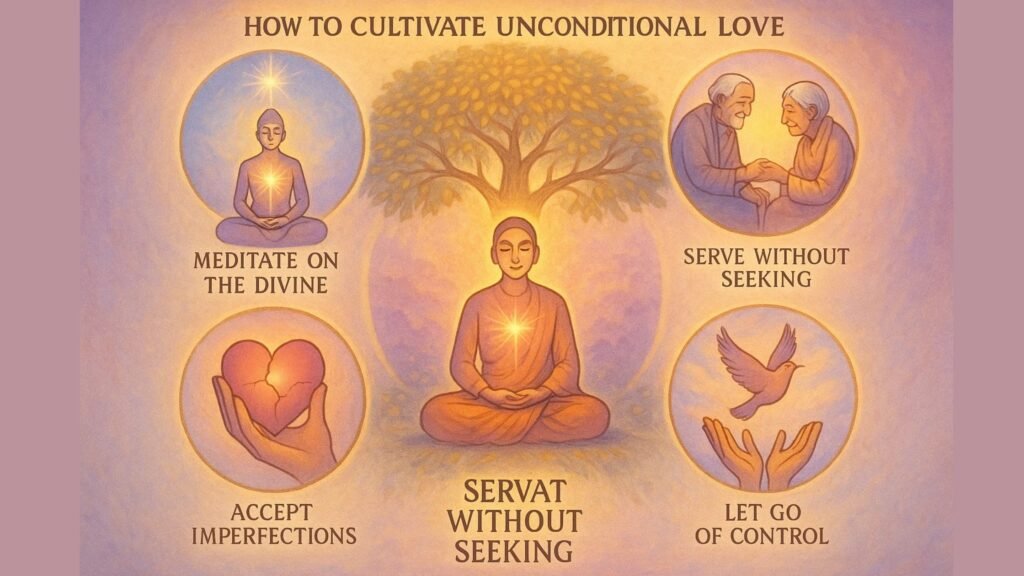
How to Cultivate Unconditional Love
Unconditional love is not just felt — it is practiced. Here’s how to bring it into your life:
1. Meditate on the Divine
The more you meditate, the more you connect with the source of unconditional love within.
2. Serve Without Seeking
Engage in Seva (selfless service). Help others without expecting acknowledgment.
3. Accept Imperfections
Real love sees the flaws and still chooses to stay. Let go of perfectionism.
4. Heal Inner Wounds
We can’t pour from an empty cup. Practice self-love and forgiveness to unlock divine love.
5. Let Go of Control
Unconditional love does not control — it allows freedom. Let others be who they are.
Spiritual Examples of Unconditional Love
Meera Bai’s Love for Krishna
Her devotion was not bound by rituals or societal rules. Her love was fearless and divine — a surrender of soul to soul.
Jesus on the Cross
“Forgive them, Father, for they know not what they do.” Even in pain, love prevailed.
Guru Nanak Dev Ji
His message of “Ik Onkar” — One God in all — was rooted in unconditional love for every soul, beyond caste, creed, or religion.
Why the World Needs Un-conditional Love Today
In a world full of stress, betrayal, fear, and division, unconditional love is the medicine our collective soul longs for. When love is conditional, it leads to hurt. When it is unconditional, it heals and uplifts.
- Families need more forgiveness than control.
- Relationships need more understanding than dominance.
- The world needs more compassion than competition.
Unconditional love is not passive. It is active, courageous, and revolutionary.
Unconditional Love in Daily Life: A Sacred Practice
Here are small, sacred ways to practice divine love every day:
- Bless someone silently.
- Say “I forgive you” to someone in your heart.
- Smile at a stranger without reason.
- Let someone be right, even if you’re not wrong.
- Meditate and radiate love to the universe.
Final Reflections: Become the Love You Seek
You are not separate from love. You are not a seeker of love. You are the very embodiment of love.
To realize this is to awaken.
“You don’t need to go anywhere to find love. You need to go nowhere to become love.” – Ram Dass
When we live in unconditional love, life becomes sacred. Every person becomes divine. Every moment becomes holy.
Conclusion: Love Is the Path and the Destination
Unconditional love is the path of saints, the song of the soul, and the signature of God within us. It’s not a weakness — it’s the ultimate strength. It’s not rare — it’s natural, when we remove fear and ego.
Let us not just talk of love.
Let us not just wait for love.
Let us become love — a love without reason, without limits, and without end.
“Love never fails.” – Bible, 1 Corinthians 13:8
“प्रेम ही परम धर्म है।”
“Love is the highest dharma.” – Sant Kabir
Awaken Love Within – Explore More on TheGita.in
Unconditional love is the soul’s highest expression — and the Gita is its eternal guide.
At thegita.in, we dive deep into the timeless teachings of the Bhagavad Gita, uncovering the essence of love, devotion, and divine truth.
Ready to live a life rooted in unconditional love?
Discover profound verses
Read transformative life lessons
Awaken your inner self
“Love is not learned. It is remembered.”
Let the Gita help you remember what your soul already knows.
